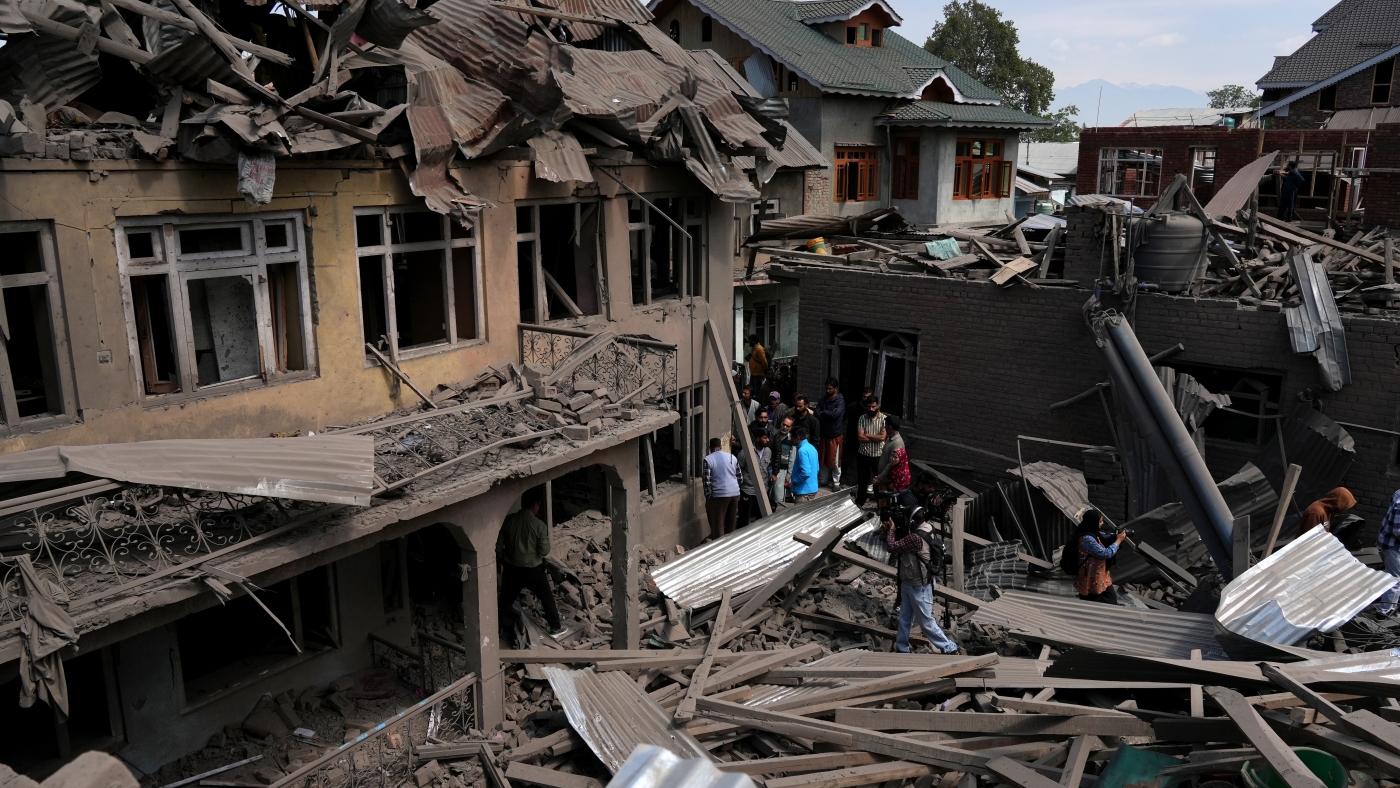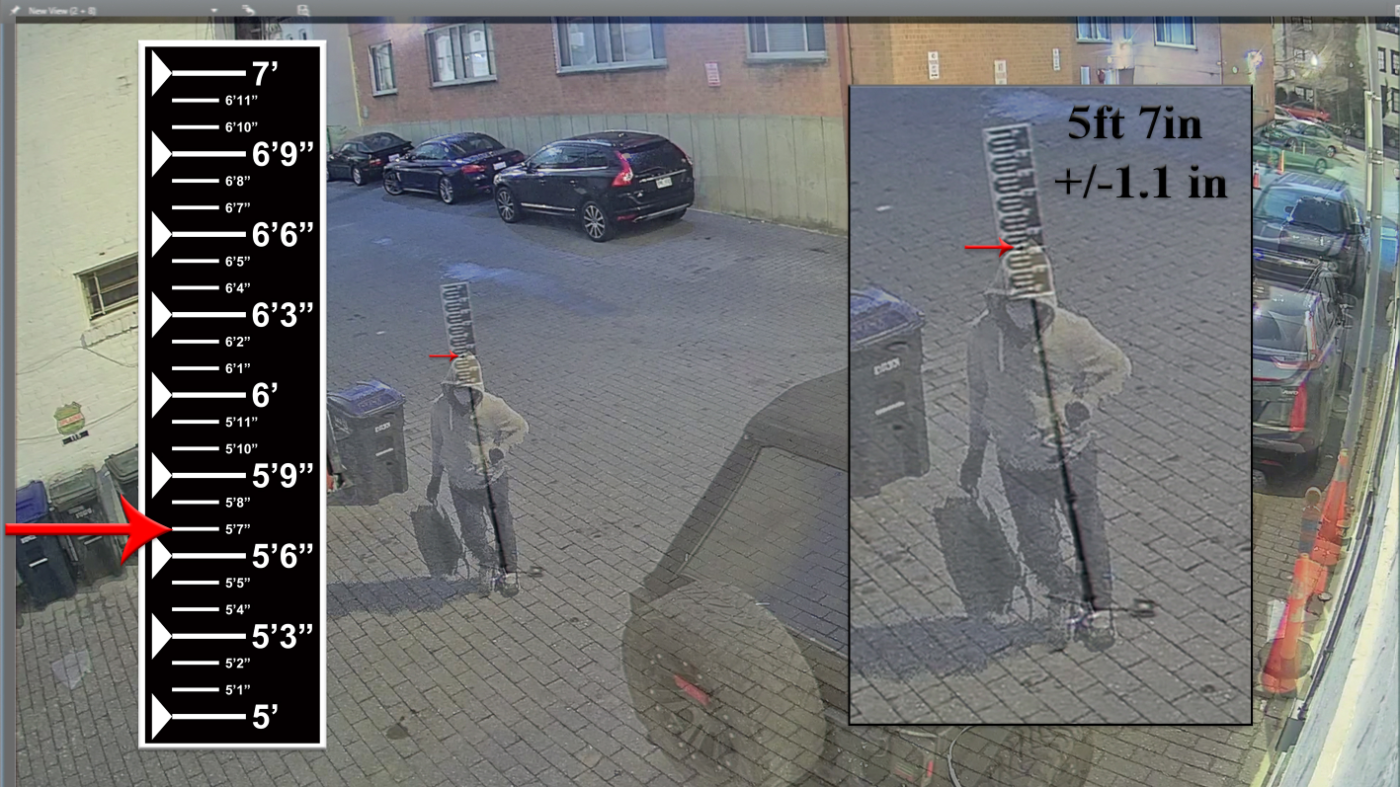Supreme Court to hear school disability discrimination case
Audio will be available later today.

The U.S. Supreme Court Kayla Bartkowski/Getty Images hide caption
toggle caption
Kayla Bartkowski/Getty Images
The Supreme Court hears arguments Monday in a case testing the reach of federal laws that promise special help for children with disabilities in public schools.
Ava Tharpe is a teenage girl who suffers from serious disabilities caused by a rare form of epilepsy. She needs assistance with everyday tasks like walking and using the toilet. And she has so many seizures on average during the morning, that her public school in Kentucky arranged her schedule to be in the afternoon only, including a teacher giving her instruction at home in the early evening. But when her family moved to Minnesota for her father's job, Tharpe's new school in the Twin Cities refused to accommodate her late-day schedule. As a result, her school-time hours were reduced to 65% of what her peers received.
Tharpe and her parents sued the Osseo Area School System, claiming that it failed to live up to the requirements specified under the Americans with Disabilities Act, the Rehabilitation Act, and the Individuals with Disabilities in Education Act. Those three federal laws mandate, in part, that schools receiving federal funds must provide reasonable accommodations for kids with disabilities.
A state administrative law judge sided with Tharpe's parents, finding that the school district's reasons for denying her a full day of instruction were "not credible."
Ultimately, Tharpe's parents sued in federal court to secure her rights to a full school day of learning, and the school district provided her with comprehensive schooling. Her parents also asked for compensatory damages that are not available under the IDEA — but are available under the other the other two disability-rights laws.
The lower courts are split on the question of what parents must prove in order to qualify for those compensatory damages. In many parts of the country, including the federal appeals court that covers Minnesota, parents must clear a very high bar to qualify, making it nigh unto impossible for parents to prevail.
That's partly what makes this case so important, says Thorpe's father, Aaron Tharpe.
"If we're successful before the Supreme Court, and we can change the standard we'll be able to help all these other families across the county for them to be able to help their disabled children get what they should be getting under the law," he said.
In all, five federal appeals court have established a very strict standard for parents to qualify for compensatory damages. they must show that that the school district acted in "bad faith or with quote gross misjudgment." But two other appeals courts have established a less stringent standard that demands only a showing of "deliberate indifference" by the school system.
Which standard is the right one? that is the question before the justices on Monday.
Disability rights groups are on Ava's side. But the Osseo Area School District counters that if Ava wins, school systems would be "on the hook for potentially crushing liability."

 4 hours ago
4
4 hours ago
4













































